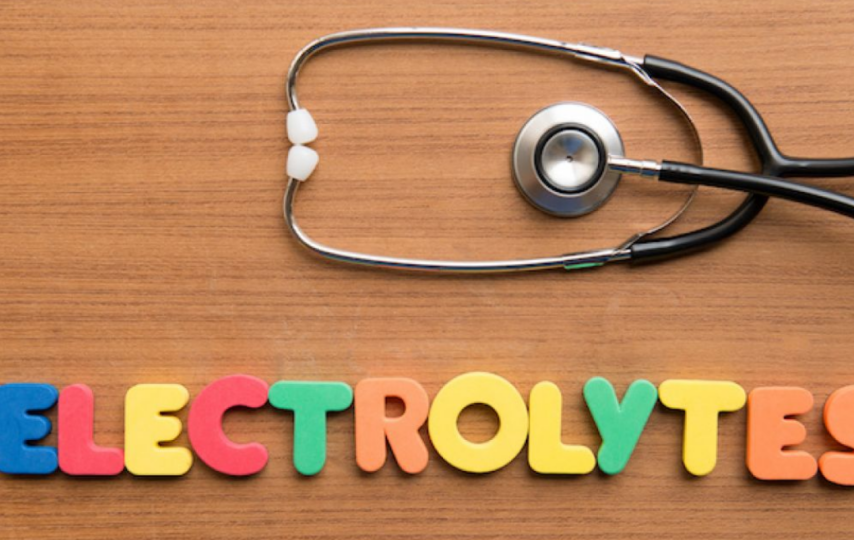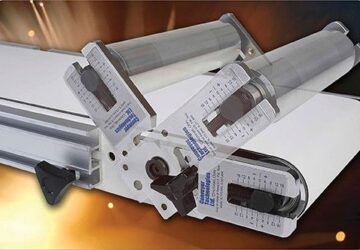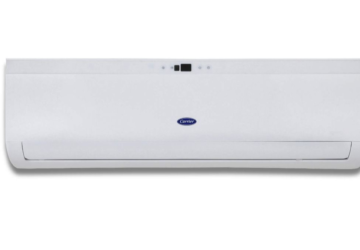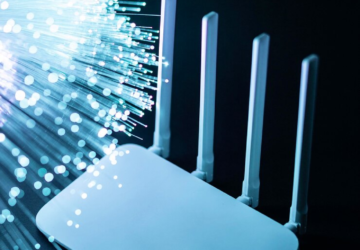Electrolytes have a vital role in maintaining fluid balance in the body, nerve function, muscular contraction, and overall cellular functions. These essential minerals include sodium, potassium, calcium, magnesium chloride, and phosphate. They send electrical impulses to the brain, regulate pH, and facilitate several physiological processes. The imbalance of electrolytes can lead to several health issues and symptoms. We will examine the signs and symptoms associated with low electrolyte concentrations and the importance of maintaining an electrolyte-balanced body. Review here to learn more about low electrolytes and their symptoms.
Understanding Electrolyte Balance
When dissolved in liquid, electrolytes carry an electrical charge. They are present in bodily fluids such as perspiration, urine, and blood. They are essential for nerve and muscular function, body hydration, and acid-base ratio.
Various mechanisms regulate electrolyte levels in the body, including hormones, kidney function, and fluid intake. Certain conditions, lifestyle factors, and illnesses may disrupt this delicate equilibrium and cause low electrolyte concentrations.
Signs, Symptoms, and Low Electrolyte Levels
- Fatigue, Weakness, and Reduced Energy: Low electrolyte concentrations can lead to fatigue and weakness. It is because electrolytes help transmit and produce energy within cells. If electrolytes become imbalanced, they can impact cellular metabolism and cause fatigue or weakness.
- Muscle Cramps and Spasms: Electrolytes are important in muscle contractions and spasms, particularly potassium, magnesium, and calcium. Low levels can cause muscle spasms or even twitching. These symptoms can be more prevalent during or following physical activity.
- Irregular Heartbeat: This can lead to irregular heartbeat, palpitations, arrhythmias, or an irregular heartbeat. Palpitations or arrhythmias can result. You should seek medical care if you are experiencing any heart-related symptoms.
- Nausea and Vomiting: Low levels of electrolytes can cause digestive disorders such as nausea, abdominal cramping, and vomiting. Electrolytes maintain the balance of fluids within the gastrointestinal tract. An imbalance in electrolytes can negatively affect digestion and absorption.
- Mental Confusion and Dizziness: Electrolyte balances, especially low sodium levels (hypernatremia), may impact brain function. This can lead to symptoms including confusion, nausea, dizziness, a lack of concentration, and seizures in severe cases.
Maintaining Electrolyte Balance
Use the following strategies to maintain a proper electrolyte level:
- Stay Hydrated: Throughout the day, drink enough fluids to ensure proper hydration. Water, herbal drinks, and electrolyte-containing beverages can replenish fluids and electrolytes.
- Consume Electrolyte: Rich Foods. Include foods rich in electrolytes, such as fruits (bananas), vegetables (spinach), legumes (legumes), dairy products (milk), and fish (fish).
- Use Electrolyte Supplements: Electrolytes can be used to restore balance when significant fluid and electrolyte loss occurs, such as when intense physical activity is undertaken or when a person becomes ill. These supplements can be found in various forms, including tablets, powders, and sports drinks.
- Limit Caffeine and Alcohol: Caffeine and alcohol can affect electrolyte levels and cause fluid loss. It is important to maintain a balance between alcohol and caffeine consumption and fluid intake.
- Be Aware of Your Medications: Consult your healthcare provider if you need to adjust your medications or take supplements.
Conclusion
For optimal health, it is vital to maintain the proper balance of electrolytes. Low levels of electrolytes can lead to several symptoms, such as fatigue, headaches, and mental confusion. You can take proactive steps to correct any imbalances by understanding the symptoms of low levels of electrolytes. Remember to prioritize a well-rounded diet rich in electrolyte-containing foods, stay hydrated, and be mindful of factors contributing to electrolyte losses.








